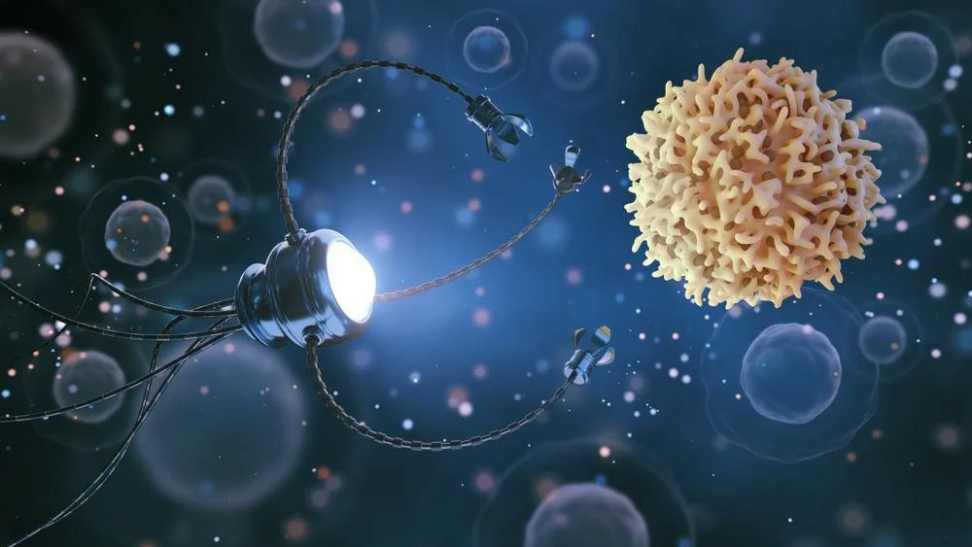Diamondexch9, Diamondexch9 Login, 11xplay Reddy Login: Researchers in the field of nanotechnology face several obstacles that hinder the progress of their work. One of the main challenges is the difficulty in controlling the properties of nanomaterials at the atomic and molecular levels. This unpredictability makes it challenging to design and manufacture nanodevices with consistent and reliable performance.
Additionally, the high costs associated with nanotechnology research pose as a significant barrier for many scientists. The expensive equipment and materials required for experiments and production limit the scalability and accessibility of nanotechnology innovations. Without sufficient funding and resources, researchers struggle to conduct their studies effectively and bring their discoveries to the real world.
Applications of Nanotechnology in Medicine
Nanotechnology has revolutionized the field of medicine, offering promising applications in various areas. One significant advancement is the development of targeted drug delivery systems using nanoscale particles. These nanoparticles can be engineered to specifically target cancer cells, reducing the side effects of traditional chemotherapy and improving treatment outcomes.
Moreover, nanotechnology has enabled the creation of novel diagnostic tools with enhanced sensitivity and specificity. Nanosensors can detect biomarkers of diseases at early stages, allowing for early intervention and personalized medicine. This technology has the potential to transform healthcare by providing faster and more accurate diagnostic techniques.
� Nanotechnology has revolutionized medicine by offering promising applications in various areas
� Targeted drug delivery systems using nanoscale particles have been developed to specifically target cancer cells, reducing side effects of traditional chemotherapy
� Nanotechnology has enabled the creation of novel diagnostic tools with enhanced sensitivity and specificity
� Nanosensors can detect biomarkers of diseases at early stages, allowing for early intervention and personalized medicine
� This technology has the potential to transform healthcare by providing faster and more accurate diagnostic techniques
What are some of the challenges in nanotechnology research?
Some challenges in nanotechnology research include ensuring the safety and efficacy of nanoparticles, controlling their size and shape for specific applications, and addressing potential environmental impacts.
How is nanotechnology being used in medicine?
11xplay, 11x Play, Mazaplay: Nanotechnology is being used in medicine for various applications such as drug delivery, imaging, diagnostics, and regenerative medicine. It allows for targeted delivery of drugs, improved imaging techniques, and personalized treatment options.
What are the benefits of using nanotechnology in medicine?
Some benefits of using nanotechnology in medicine include increased efficacy of treatments, reduced side effects, improved diagnostic accuracy, and the potential for personalized medicine. Nanotechnology also allows for the development of novel therapies and treatment strategies.
Are there any safety concerns associated with the use of nanotechnology in medicine?
While nanotechnology offers many benefits in medicine, there are some safety concerns to consider. These may include potential toxicity of nanoparticles, their interactions with biological systems, and the long-term effects of exposure to nanomaterials. Researchers are actively studying these issues to ensure the safe use of nanotechnology in medicine.
Feature image source:- https://tinyurl.com/yjwcjuhw

